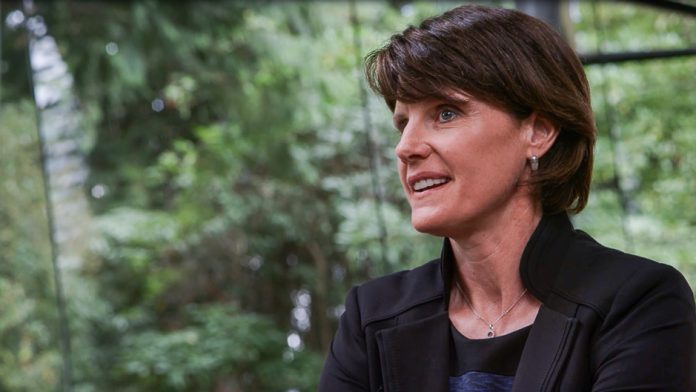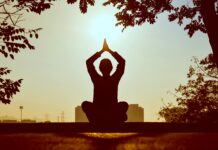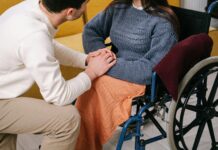Lara Boyd is a Professor of Medicine and Director of the Brain Behaviour Laboratory at University of British Columbia. We asked everything from why she chose her field of study to what’s on her playlist in hopes of giving you a better understanding of what goes on outside the lab for one of the best minds in Canadian research.
What inspired you to become a scientist?
Becoming a scientist was a bit of an accident, I never really had it as a goal when I was a child. And of course there were few (if any) prominent women scientists who I could use as a role model. But I was always very curious and wanted to know how everything worked. I think I did not realize that constantly asking questions was what scientists get to do!
What do you like most about being a scientist?
I love being able to immerse myself in whatever topic I am most intrigued by (which of course is understanding what makes the brain learn). I am very self directed and do not like being told what to do. An independent career in science is perfect for me!
What do you envision in the future of your field?
I think that as we learn more about how the brain works and changes to support learning we will discover that there are many different pathways to the same place. In other words there is a huge amount of variability in human learning and in the brain structure that supports learning. My field of neuroscience is only just beginning to grapple with this issue. As we progress I envision therapeutic approaches that are personalized or tailored not just to a certain disease but to individual genetics and learning patterns. This should greatly enhance outcomes and recovery from neurologic diseases and damage.
What advice would you give young researchers?
Be passionate about your field of study. A career in research is both really hard and really rewarding. There is so much rejection and so many obstacles put up in front of new researchers that the only real way to continue to move forward is to love what you do.
What do you consider your greatest achievement?
My group has recently shown that white matter (specifically a brain structure called myelin) changes in response to learning in humans. This is a truly exciting finding as even a little as 5 years ago the field of neuroscience agreed that white matter was had no neuroplastic potential. Knowing that white matter has a dynamic capability opens up the possibility of an entirely new line of therapeutic interventions and should stimulate huge advances in rehabilitation.
What do you read?
My first real academic love is literature (I really wanted to be an English professor!) so I read tons of fiction. My favourite author is Steinbeck, I re-read East of Eden every 5 years or so…
What’s on your iPod?
My iPod is entirely eclectic. I like to listen to country, the blues and classical music, but I also have twin 9 year old twin daughters so a healthy smattering of pop music (as well as the entire Taylor Swift collection) has somehow made it onto my iPod!
If you could meet any historical figure who would it be and why?
Eleanor Roosevelt – she is my hero, a strong women who said what she thought was right and changed history.
If you could do any profession other than your own what would it be?
I would be an English professor with expertise in American Literature.
What do you like to do for fun?
I am a distance runner and love to ski and bike – basically anything outside makes me really happy. I also love watching my kids play soccer.
Want to learn even more about Prof. Boyd? Check out her Orange Chair Interview.











































